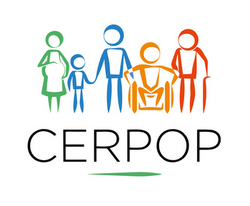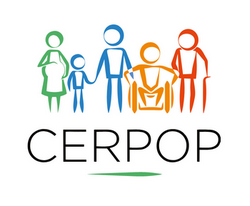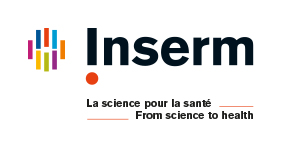
READ MORE
• Our projects are designed in an interdisciplinary approach (epidemiology being a common methodology) and are placed within the continuum of the stages explored (pregnancy, childhood, and adolescence). Within these various fields, we attempt to design and evaluate interventions, and to develop and validate new tools to measure their effects.
• The research team has strong expertise in implementing cohorts, and population-based surveys. We run one of the two registries of childhood disabilities in France (RHE31). We have a unique database on drug risk assessment during pregnancy (EFEMERIS). We have the leadership and contribute to scientific activities of several French and international research networks in our domains of expertise.
• FOCUS :
ADOLESCENT HEALTH BEHAVIORS
Adolescence is a pivotal period in terms of health behaviours and during which changes with an impact on health in the short, medium and longer-term can be observed. The EnCLASS plan (National Survey on Health and Substances among Adolescents in Colleges and High Schools) is an innovative research plan. It is the result of a collaboration of French research teams from international surveys Health Behavior in School-aged children (HBSC), and the European School Project on Alcohol and other Drugs (ESPAD) which, for 10 years, have been working to improve the surveillance system for documenting the health, well-being and health behaviours of adolescents in France. From now on, the collection of harmonized data from the sixth to the final year makes it possible to monitor changes in health indicators. It allows, on the one hand, to assess the effectiveness of public policies targeting this age group, and on the other hand, to explore various research questions concerning in particular the initiation and experience of vulnerabilities at school in terms of well-being and health (disability, mental health in particular), as well as the onset of risk behaviours (in particular in terms of psychoactive substances). The expected outcomes are to suggest actions for promoting health and improving the well-being, health and experience of all students at school from an inclusive perspective in the broad sense.
• FOCUS :
ORAL HEALTH IN VULNERABLE POPULATIONS
Periodontitis is a chronic non-communicable inflammatory oral disease particularly prevalent in certain vulnerable populations. It results from an imbalance between oral dysbiosis and the host immune system.
Our objectives are :
1/ to study the determinants and risk factors of oral diseases in certain vulnerable populations
2/ to integrate periodontitis into the risk algorithm for the development of other systemic diseases with an inflammatory component such as obstetrical pathologies, adverse pregnancy outcomes, or severe mental illnesses like major depression or autism spectrum disorders.
3/ to identify the oral and periodontal microbiota signatures in these systemic diseases.
The expected outcomes are to propose new insight for these oral diseases with systemic interaction, leading to new approaches in prevention and treatment strategies more specifically adapted to each individual in a context of vulnerability. An improvement in oral and overall general quality of life is also expected.


